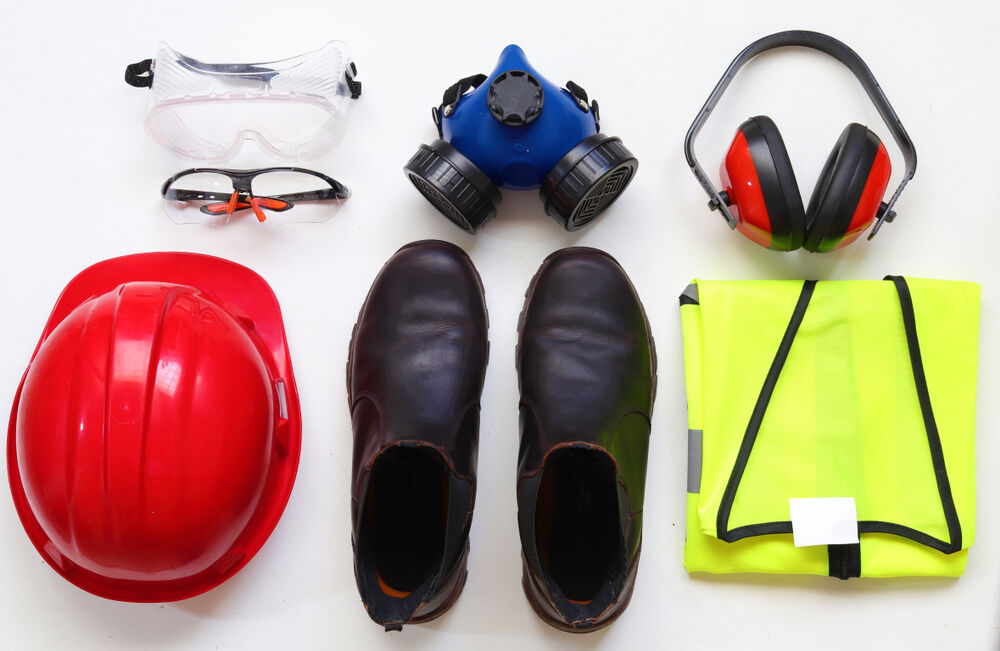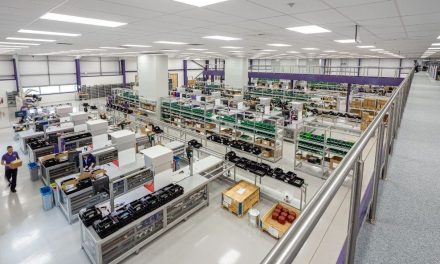The Government must reverse the cuts to the Health and Safety Executive (HSE) to stop old accidents happening to new people, says leading safety charity The Royal Society for the Prevention of Accidents (RoSPA).
The message comes in the wake of statistics released today by the Health and Safety Executive (HSE) show that falls from height remain the biggest workplace killer, with the construction industry disproportionately affected.
The data shows that 2022/23 showed 40 fatal injuries were due to falls from height, accounting for 30 per cent of all worker deaths over the year. Being struck by a moving vehicle accounted for 20 fatal injuries to workers in 2022/23, representing 15 per cent of the total number of deaths over the year. Twenty-one per cent of workplace fatalities were caused by being struck by a moving, flying or falling object.
“RoSPA’s data analysis shows that when it comes to fatal injuries at work the last decade has seen a near 50 per cent fall in progress.
“While 1990-2010 saw success with a 68 per cent reduction in fatal injuries at work, recent years have seen progress stall, with 2010-2022 witnessing a mere 36 per cent reduction.
The Health and Safety Executive (HSE) has experienced significant budget cuts over the last decade, with 2020-2021 43 per cent down on 2009-2010, and staff cut by 35 per cent since 2010.
Karen McDonnell, RoSPA’s OSH Policy Advisor, expressed concern over the data: “We are concerned that the tremendous progress made in UK workplace safety has stalled, with statistics showing we’re reducing fatal injuries at almost half the rate we were between 1990 and 2010.
“Any loss of life in the workplace is a tragedy, and while Britain is one of the safest countries in the world to work, it’s deeply concerning that people are still having the same accidents that their parents or grandparents had.
“Unfortunately, the Health and Safety Executive (HSE) has experienced significant budget cuts over the last decade, which could feasibly lead to an inability to deliver advisory and regulatory functions and justice for victims.
“We therefore ask the question, if we can’t stop old accidents happening to new people with the resource we have, how can we expect the HSE to effectively tackle emerging risks, such as the growth of the gig economy, worsening mental health and the move towards net zero?
“We urge the Government to address the ticking timebomb of workplace injury and ill-health by raising its investment in the HSE so it can effectively protect lives, livelihoods, and Britain’s businesses. Only then can the UK retain its status as a beacon of health and safety.”


